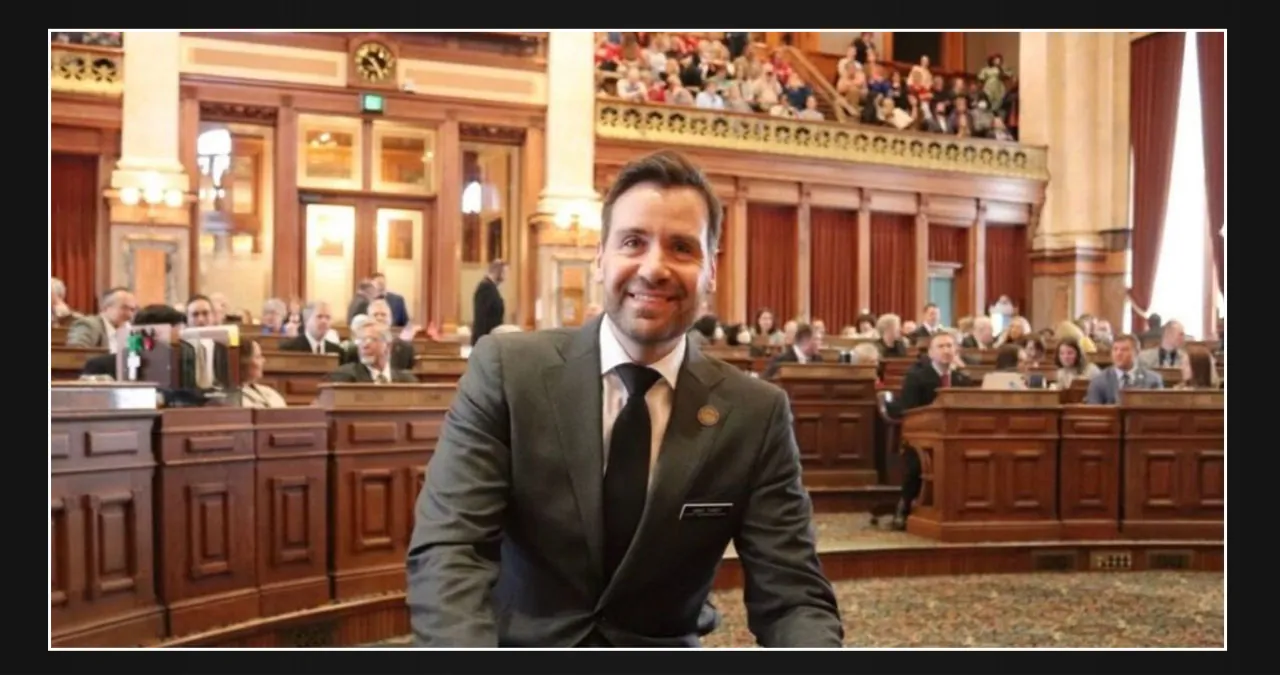The legislation may not have progressed, but the measure was still put into effect. As of July 1, Iowa HHS made a policy change that eliminates the need for a prescription when it comes to wheelchair repairs.
In a letter dated July 10, the Iowa Department of Health and Human Services addressed the concerns surrounding barriers and delays in wheelchair repairs for its members. The department acknowledged the importance of addressing these concerns and expressed its commitment to finding the best solutions to serve its members.
Turek connected the HHS administrative policy change to the conversations that took place during the legislative session. According to him, the issue of repair delays caused by prescription requirements wasn’t initially a priority for HHS. However, the advocacy efforts of lawmakers and members of the disabled community compelled the state department to take action.
“It may appear insignificant to certain individuals, but for those with disabilities, this change is truly momentous,” expressed Turek. “As legislators, our primary duty is to focus on policies that enhance the lives of people, particularly Iowans. Moreover, this achievement serves as a remarkable testament to the power of advocacy and raising awareness. Although we were unable to pass the legislation, our relentless efforts and the attention we garnered ultimately led to its successful implementation.”
Even though the prescription and face-to-face visit requirements have been removed, wheelchair users who are on the state Medicaid program still have to go through the prior authorization process for equipment repairs. This means they need to get pre-approval from the managed care organization (MCO) or private insurer that provides their Medicaid coverage. Turek explained that this process can take several weeks, leaving Medicaid recipients without the necessary repairs during that time.
Turek has expressed his intention to push for initiatives aimed at reducing the waiting time for repairs in future sessions. One of the measures he plans to advocate for is the requirement for Managed Care Organizations (MCOs) to respond to authorization requests within a timeframe of seven to 10 days. Additionally, he also aims to explore the option of eliminating the authorization requirement for repair services that are estimated to cost less than $700.
According to him, the challenges faced by the disabled community are often a result of ignorance and a lack of understanding, rather than intentional harm. He believes that by raising awareness about Medicaid and working collaboratively, we can find ongoing solutions for these issues. He expresses his desire to find legislative solutions, but also highlights the importance of advocating for the disabled population to bring about policy changes directly.







